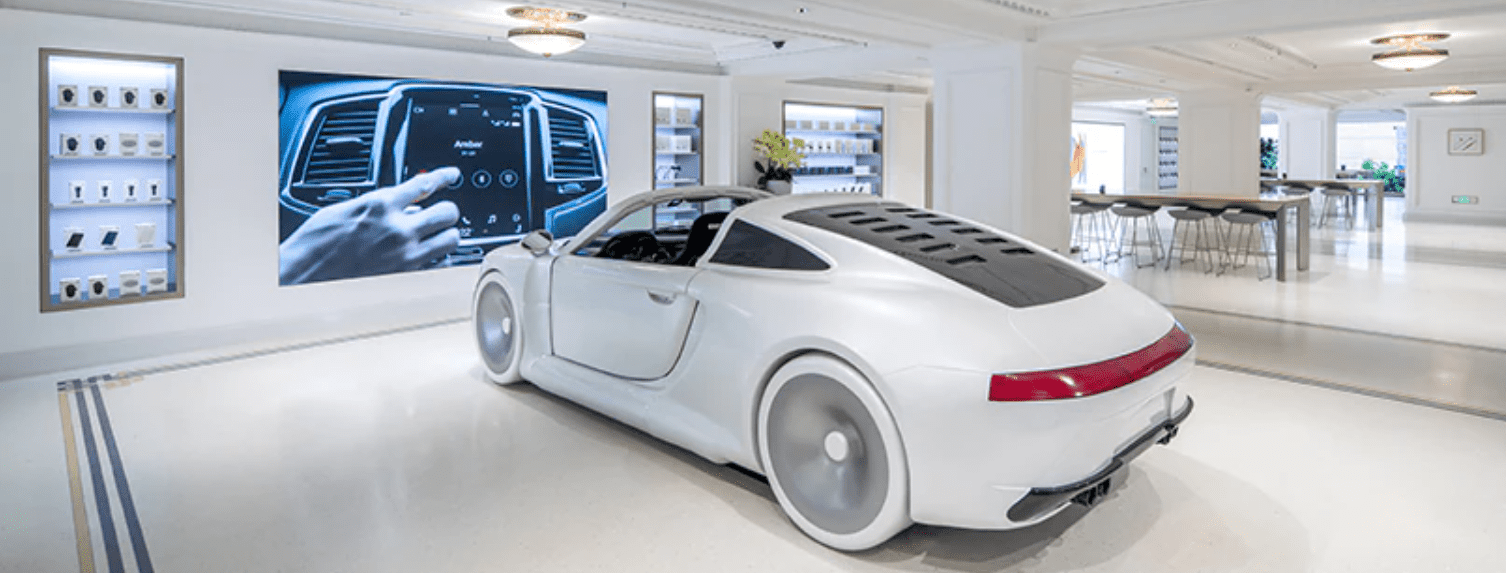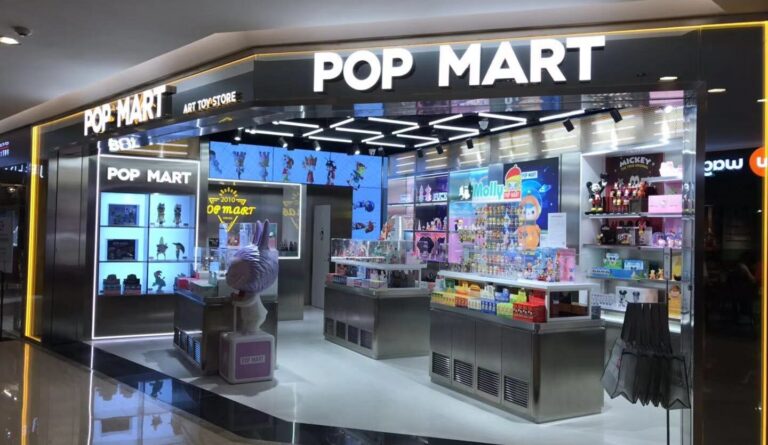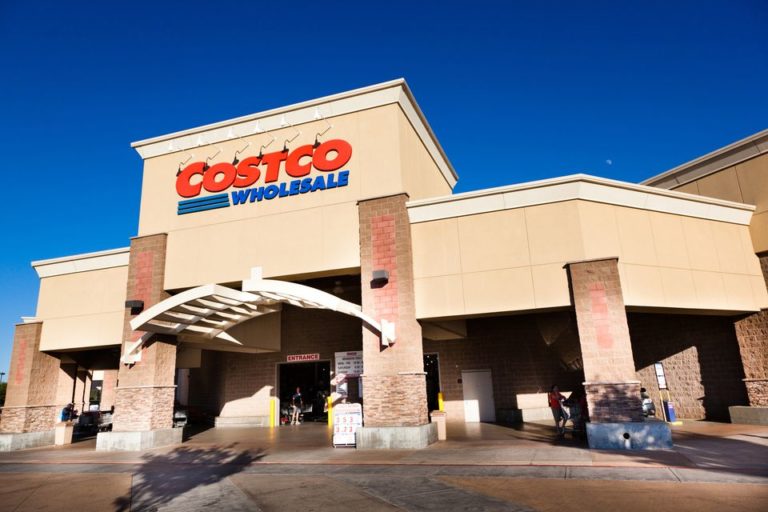Experiential retail is the focus on establishing a captivating and shareable experience for consumers once they enter through the doors. Experiential retail differs from traditional retail in that its main goal is to prioritize customer engagement and senses – not sales. Businesses in China are no stranger to the world of experiential retail; they work hard to offer customers innovative and unique shopping experiences by providing neighbourhood stores in China. Examples of inventive retail experiences in China include Nio’s community lifestyle strategy to secure customer loyalty, Huawei’s 2020 smart house floor, and a battle of pop-ups in the Shanghai city centre between international luxury brands. Experiential retail places customers at the heart of the efforts of the business, and is a natural solution to win over the rapidly expanding Chinese middle-class while simultaneously having great potential for increasing brands’ visibility over Chinese social media.
Domestic brands Huawei and Nio spearhead neighbourhood stores in China using unique experiential retail strategies
In 2020, Huawei opened its largest three-story flagship store on East Nanjing Road in Shanghai. Particularly, the flagship store’s second floor has a theme of the ‘Seamless AI Life Zone’, a smart home replica offering different settings such as a gym, a mobile office, and a travel and entertainment section. Users can onboard treadmills while testing out Huawei’s heart monitor function via its smartwatch. In early 2021, Huawei debuted its first Smart Home project in Shanghai. At the heart of its smart home design concept is the installation of a living room, kitchen, study, home gym, entertainment room, and garage.

Nio is another successful example of a local brand integrating experiential retail into its commercial strategy. The ‘Tesla of China’ aims to win over customers with exciting perks such as exclusive clubhouses known as Nio Houses. The Nio House is a hybrid between day-care centre, coworking space, a café, and an event space. In 2018, Harrison Jacobs, an international correspondent from Business Insider, visited a Nio House in Beijing’s Oriental Plaza. While the bottom floor resembled a simplistic car showroom, the upper floor introduced a wealth of other exciting amenities for Nio car owners.
The upper floor included an open-plan kitchen attended by Nio baristas, conference rooms, and a library. In this way, Nio can offer a special space for its high-end users to escape the bustle of the city and feel at home no matter which city they may be travelling through. Nio even addresses China’s dire day-care shortage head-on by offering a supervised children’s play area called Joy Camp.

Shanghai becomes a battleground for luxury brand experiential retail pop-ups
Prada partnered with the popular Wuzhong Market in the Xuhui District of Shanghai for its two-week marketing effort to promote its global fall/winter 2021 campaign, ‘Feels Like Prada’. Spanning a total area of 200 square meters, Prada stylized the market by covering the interior and exterior with its eye-catching fall/winter Jacquard print pattern. Brand-conscious consumers flocked to the site to grab their hands on Prada ‘special edition’ packaging. In addition to Shanghai, Prada intends to create similar events in Tokyo, New York, and other cities for its current promotional circuit.
Catering to the growing fitness trend in China, Hermes established an ‘HermèsFit’ in Chengdu. While the exterior of the gym has the color of the iconic ‘Hermes Orange’, the gym interior possesses customized equipment walls, boxing rings, climbing walls, sandbag exercises and other sports scenes. Furthermore, gym goers can enjoy Hermes accessories as sports equipment, an array which includes barbells and kettlebells shaped in the Hermes horse head shape.
The 1921Gucci Café opened in 2015 alongside the hot trend for luxurious fine dining cafes in Shanghai. The name of the café honours the year the brand was founded. The restaurant offers classical Italian cuisine at reasonable prices, with the 1921 Gucci logo branded on almost everything, from silverware to napkins. To add a touch of exclusivity to the entire experience, the restaurant is accessed via a single private elevator straight from the Gucci retail store.
Retail experience in China is very important for brand engagement with Chinese consumers
Chinese people have a penchant for ‘clocking in’ (打卡) at popular viral locations to post on social media, so superior retail experience in China goes a long way to provide great customer satisfaction and talk value for a brand. By engaging with neighbourhood stores in China, brands can tap into their creative side whilst also generating value for its users and greater community. Developing high quality retail experience in China is especially important for luxury brands where high-end consumers will expect a luxurious and exclusive service upon walking into brick-and-mortar stores.





